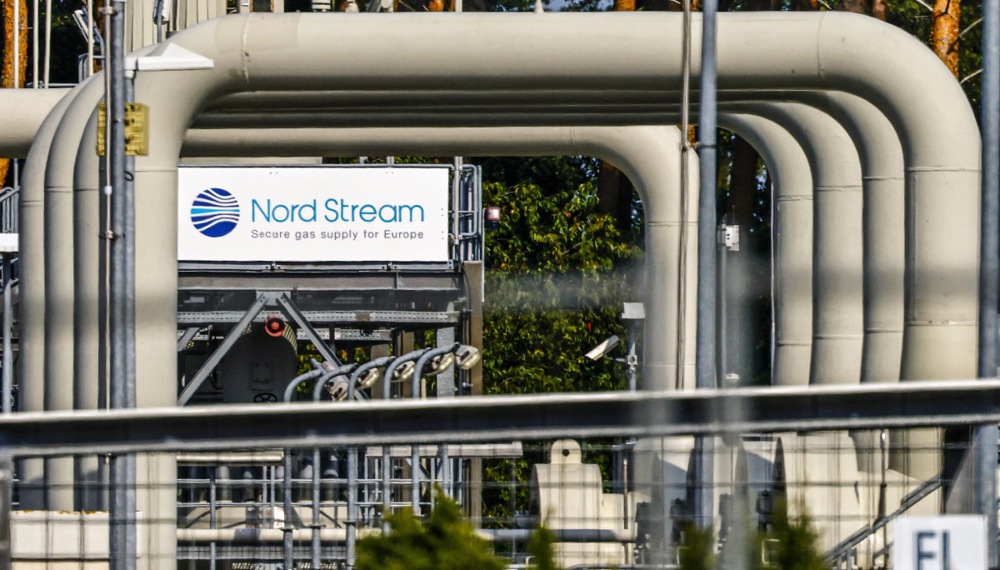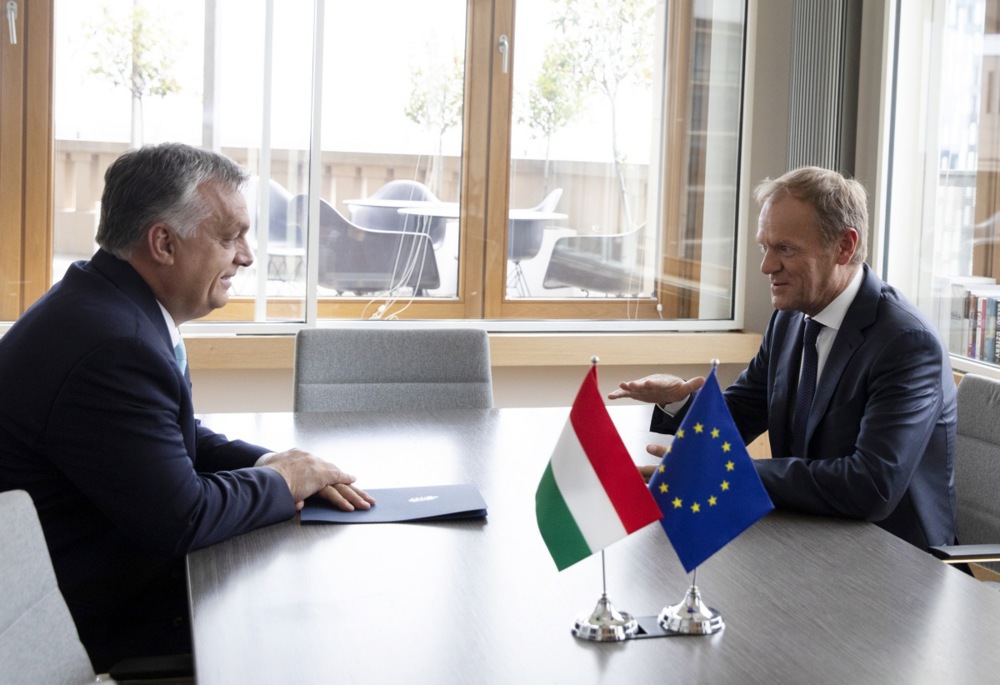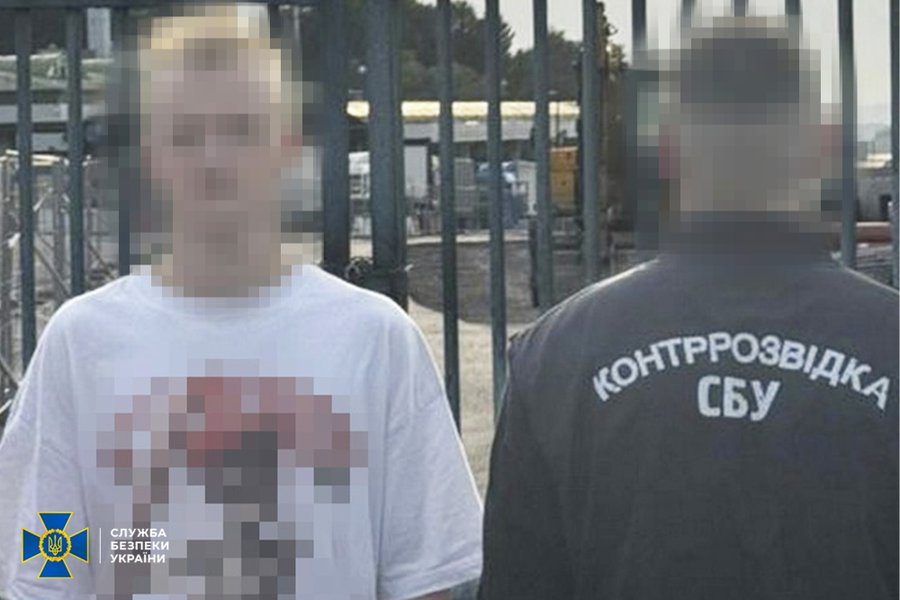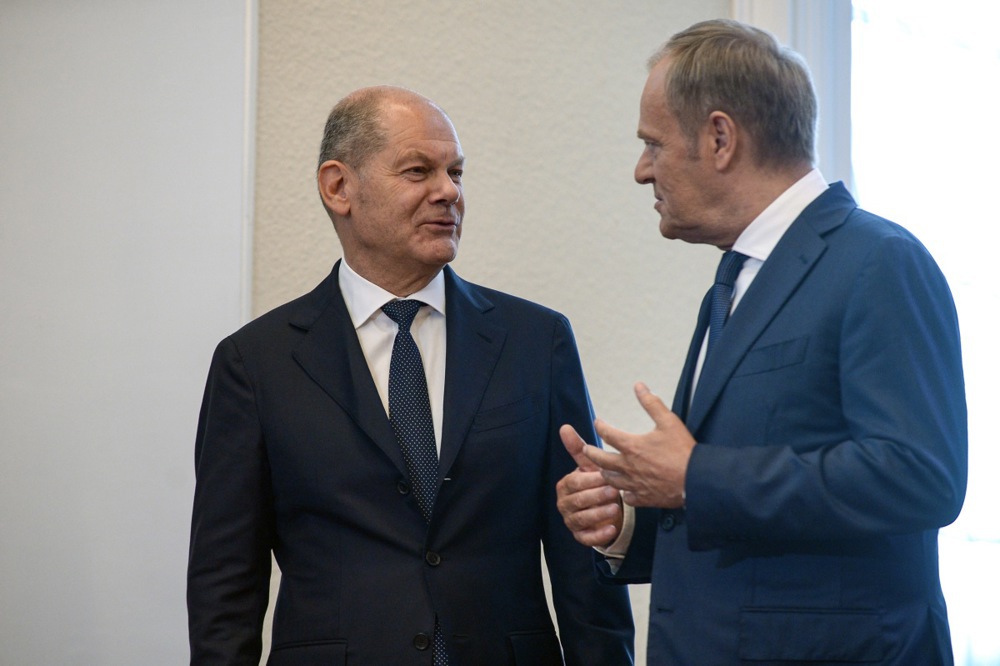A Polish court’s decision to free a Ukrainian man wanted by Germany for blowing up the Nord Stream pipelines has been criticised by Hungarian foreign minister Peter Szijjártó.
“Scandalous: according to Poland, if you don’t like infrastructure in Europe, you can blow it up. With this, they gave advance permission for terrorist attacks in Europe. Poland has not only released but is celebrating a terrorist,” Szijjártó said on October 18 in reaction to the court’s decision.
Polish foreign minister Radosław Sikorski replied saying: “No, Peter. When a foreign aggressor is bombing your country, you may legitimately strike back by sabotaging the aggressor’s ability to finance the war. It is called self-defence.”
In his time as a MEP in 2022, when explosions destroyed the Nord Stream pipelines, Sikorski posted on Platform X: “Thank you USA” . That comment was cited by the Russian Ambassador to the UN as incriminating the US.
When asked in Ankara, Turkey about the court ruling in Warsaw, German foreign minister Johann Wadephul said he respected it, as he “recognises the principle of separation of powers”.
“That it is not the role of the executive branch to interfere with judicial decisions,” he added.
Wadephul’s restrained stance contrasted starkly with claims made last year by German intelligence sources that Poland had been in collusion with Ukraine over the destruction of the Nord Stream pipelines linking Germany with Russia.
The Polish court refused to extradite Volodymyr Zhuravlov, a Ukrainian wanted by Germany under a European Arrest Warrant, on October 17. The judge in his ruling stated that attacking enemy infrastructure for the purposes of fighting “a just, defensive war can under no circumstances constitute a crime”.
“The German authorities’ request to extradite Volodymyr Zhuravlov should not be granted,” ruled justice Dariusz Łubowski at the court hearing and he told the Ukrainian: “You’re free to go.”
At the court hearing the judge emphasised it was not the Polish court’s role to determine whether or not the accused was guilty, only whether there were grounds for extraditing him to Germany.
Łubowski added that the German authorities had submitted to Poland “only very general information” about the case – so little that it “can fit on a single A4 sheet of paper”.
Zhuravlov’s lawyer, Tymoteusz Paprocki, hailed the ruling as “one of the most important in the history of the Polish justice system” . He said it was a “signal to Germany that the law … should always be on the side of the injured party, and not be used instrumentally to serve larger interests”.
The Ukrainian, who is reported to be an experienced sea diver, was detained in a small town near Warsaw by Polish police in late September with German agents present during the search of his property.
German prosecutors accused him of involvement in a crime of sabotage of the pipelines by explosion in September 2022, stopping the transit of Russian gas to Germany via the Baltic Sea.
Zhuravlov, who has lived in Poland since 2022 and speaks Polish fluently, told Polish government controlled broadcaster TVP that he did not participate in the destruction of the transit link.
The court’s decision was praised by Polish Prime Minister Donald Tusk, who wrote on social media that it had “rightly” denied extradition and released the suspect.
“The case is closed,” he added, apparently ignoring the fact that the decision was still open to appeal.
Before the judge made his ruling, Tusk had said the decision over whether Zhuravlov should be extradited was a matter for the courts alone. He added that handing over the Ukrainian man was not in Poland’s interest as the problem was not that the undersea pipelines were blown up but that they were built in the first place.
In a separate but connected case, Italy’s top court on October 13 blocked the extradition to Germany of another Ukrainian suspected of involvement in the Nord Stream sabotage.
Hungary and Poland have been at odds over the war in Ukraine and energy co-operation with Russia. Relations between the two countries deteriorated after the full scale invasion of Ukraine by Russia in 2022.
Poland ceased to import gas from Russia before 2022 through the Baltic Pipe, a gas pipeline linking Poland with Norwegian gasfields in the North Sea.
It had consistently opposed the Nord Stream project and Sikorski, while serving as defence minister in 2006, compared the pipelines to the Ribbentropp-Molotov pact of 1939 that resulted in Germany and Russia occupying Poland.
Hungary, on the other hand, continues to import oil and gas from Russia and the two countries have continued co-operation over Hungary’s nuclear power programme.





